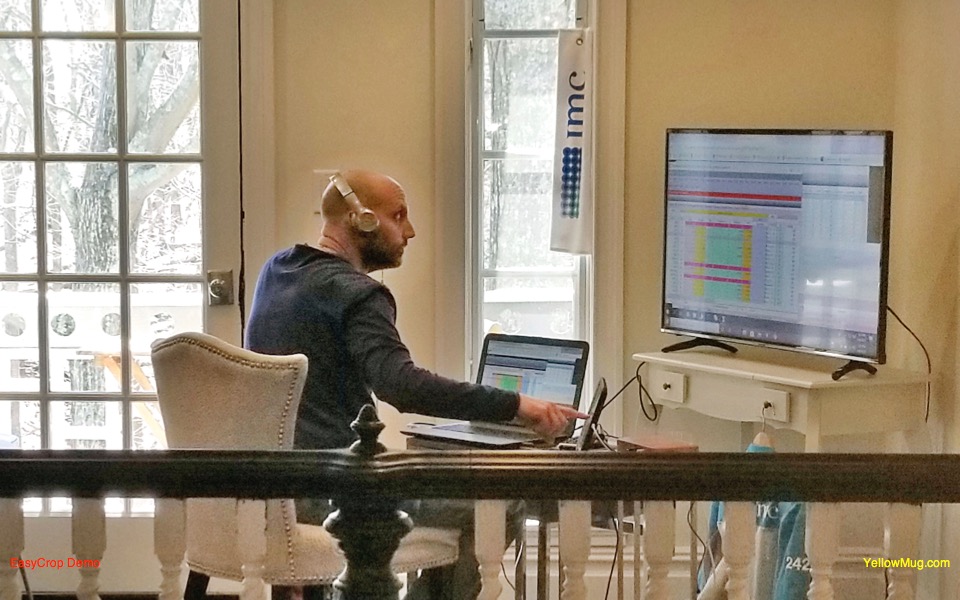Teleworking gains broad approval

Enterprises view the continuation of teleworking, even after the lockdown restrictions come to an end, in a positive light, with the vast majority considering it an efficient measure against the spread of the coronavirus pandemic, according to a survey conducted by human resources consultancy KPMG. The survey also recorded employees’ concern at the absence of clear limits between work and personal life.
Almost nine in 10 people surveyed said they are concerned or very concerned about the issue of the pandemic, while more than seven out of 10 expressed worries about the future of the country’s economy. The level of concern varied according to job level.
The survey that was carried out between March 30 and April 5 has revealed that the majority of corporations have adopted distance working as a measure to stop the coronavirus from spreading. Their rapid adjustment to the new conditions is also thanks to the fact that many enterprises had already installed the basic equipment for working from home. Most employees perceive remote working as an arrangement that has a positive effect on their productivity and want it to continue after the pandemic period too. Those most in favor of working remotely are younger people, who appear to operate more efficiently.
In total, 88 percent of employees working from home consider this way of working satisfactory or very satisfactory. Even workers who declared it took longer to work things out with their colleagues said they still viewed teleworking as satisfactory or very satisfactory.
Almost four out of five (79 percent) respondents said they consider the biggest benefit from working remotely to be the time earned from not traveling to and from work. The age group that appreciated it the most is people up to 30 years old (82 percent) while those aged over 60 appreciated it the least (72 percent).
The biggest difficulty distance workers face is the blurring of the clear limits between work and personal life, according to 59 percent of those surveyed. This figure was bigger for department directors (64 percent).
There is only a 6 percent share of respondents who said they have not adapted to working from home, against 81 percent who have.




